Thai coffee faces boom and doom paradox
Tap to
previous
frame
previous
frame
Tap to
next frame
next frame

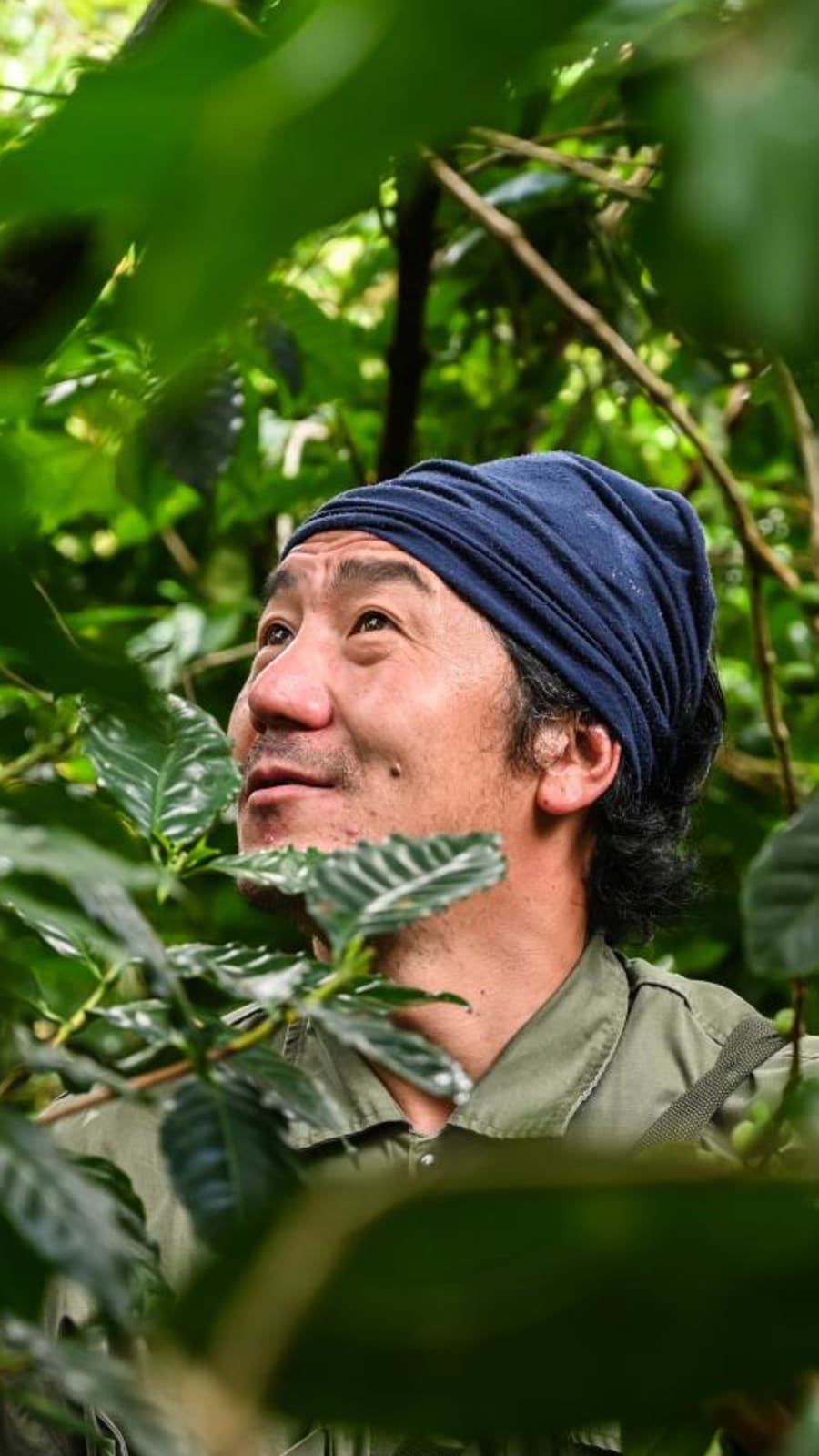
Chatree Saeyang is a third-generation coffee farmer in Chiang Mai.
By CNA/Jack Board
Tap to continue
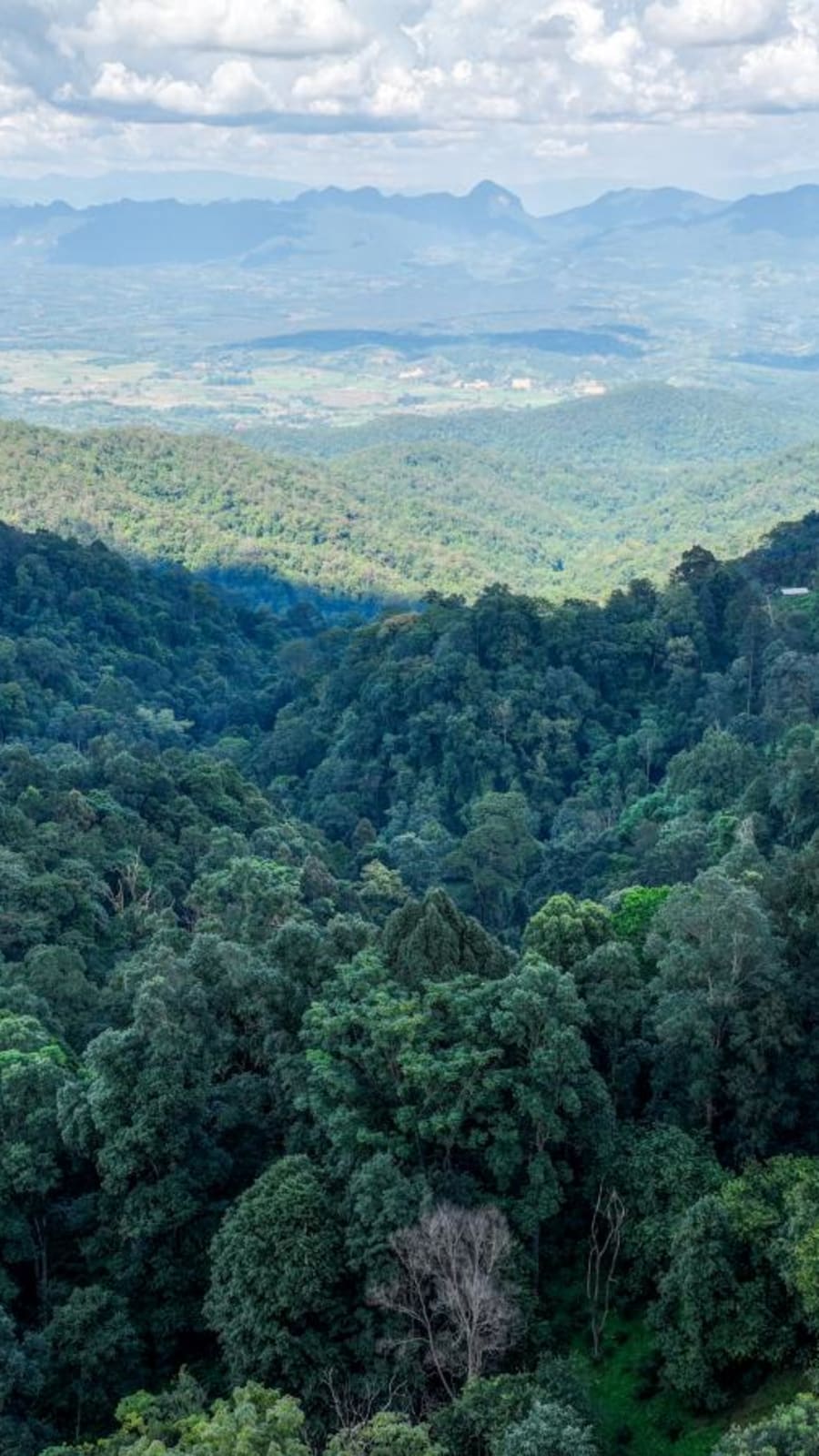
Chatree says things are changing on his farm. The rain is becoming erratic, and the trees bend and shape to their environment.
By CNA/Jack Board
Tap to continue
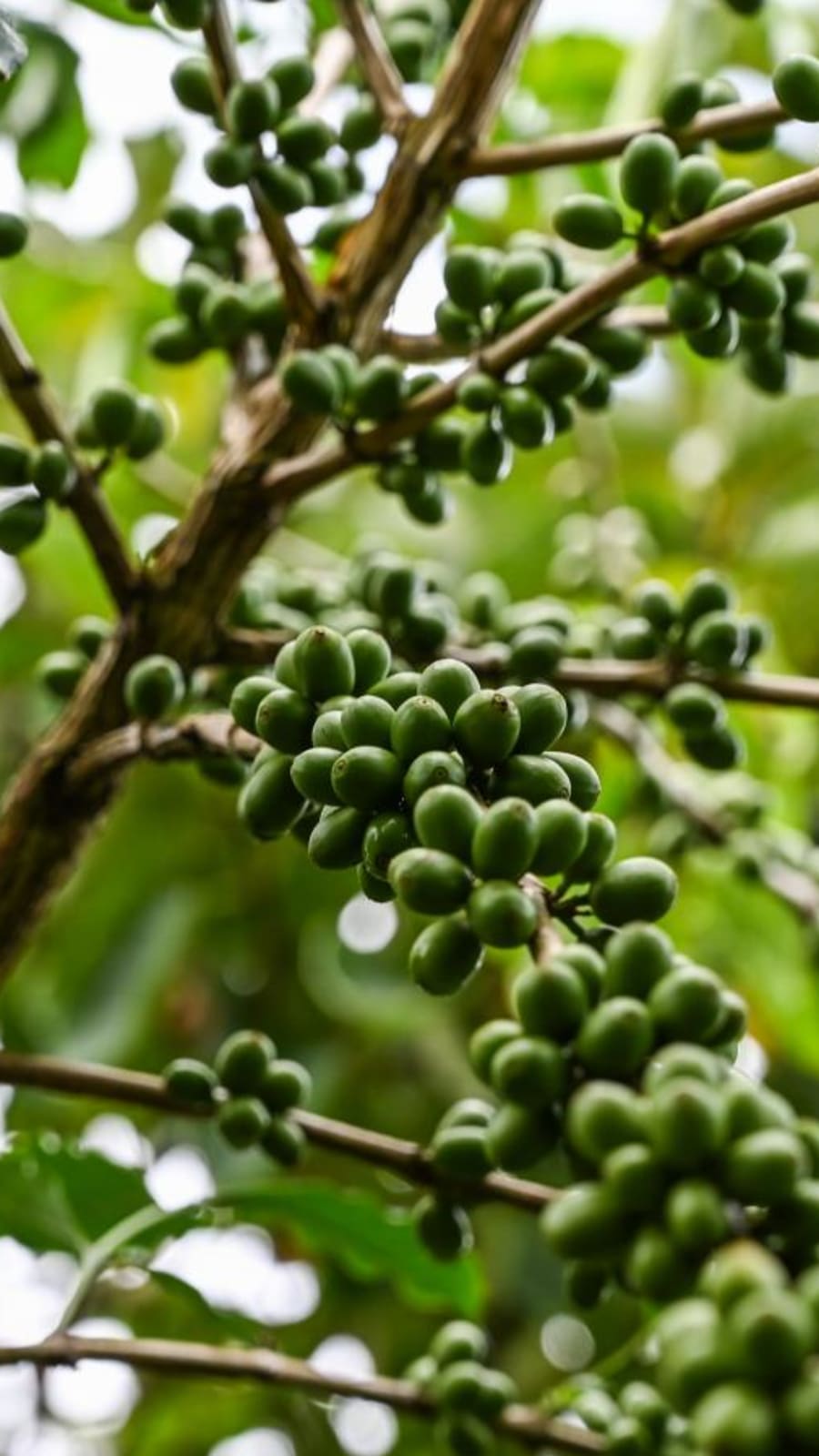
It will play out when their cherries are ready for picking, as their flavour will change.
By CNA/Jack Board
Tap to continue

Chatree’s observation is not unique. Extreme weather is playing havoc with farmers’ ability to produce arabica coffee.
By CNA/Jack Board
Tap to continue
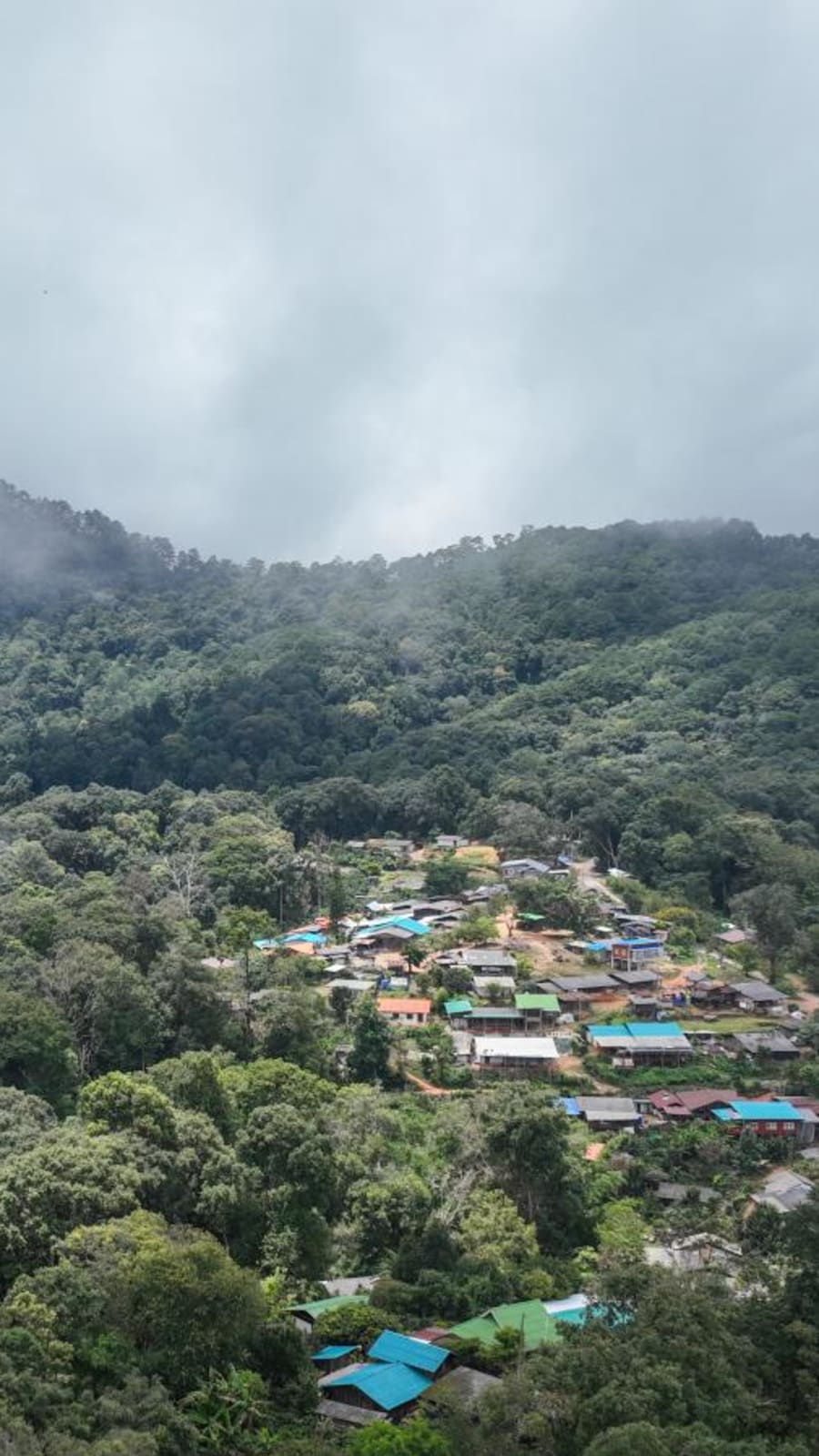
“The effects go beyond lower yields. It also causes quality to drop,” said Jiraporn Inthasan, a master trainer in regenerative agriculture at Maejo University. “In 20 years we might not have arabica in Thailand anymore. It won’t be possible.”
By CNA/Jack Board
Tap to continue

Cafes and roasteries are scrambling to get high quality beans. “It's almost silly at this point. You have to make a commitment to pay for coffee that is not even on the trees yet,” said Han Wang, co-founder of PHIL Coffee.
By CNA/Jack Board
Tap to continue

To meet the demand, Thailand will need to import. Coffee from non-ASEAN markets attracts an import duty of up to 90%. Roasteries and retailers are the ones bearing the raised costs, said Wang.
By CNA/Jack Board
Tap to continue

To justify higher costs, some cafes are framing specialty coffee more as an experience, said Wasin Kusakabe from Nana Coffee Roasters.
By CNA/Jack Board
Tap to continue
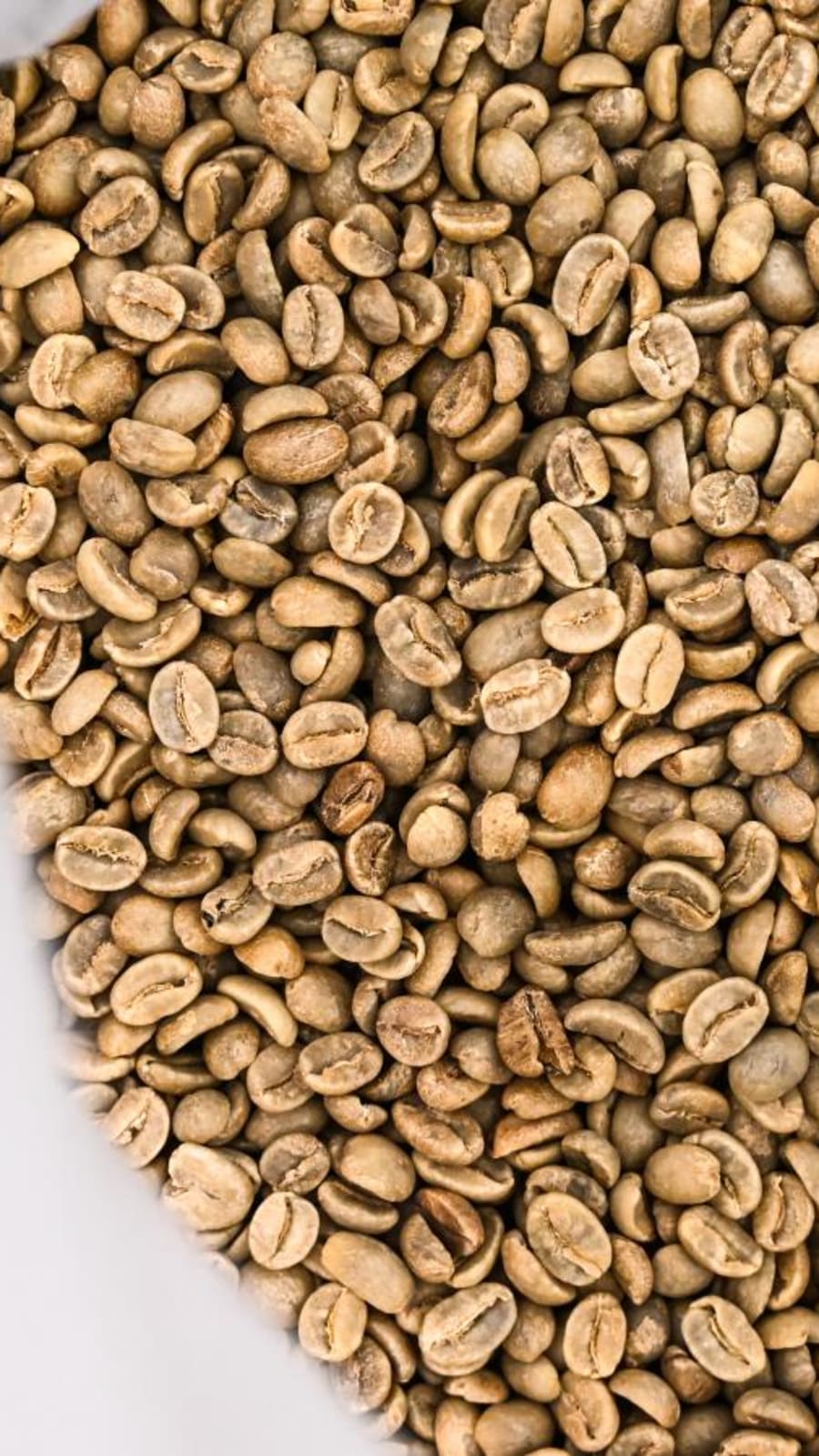
He said the industry is moving towards considering coffee a “luxury product” similar to wine and whiskey.
By CNA/Jack Board
Tap to continue
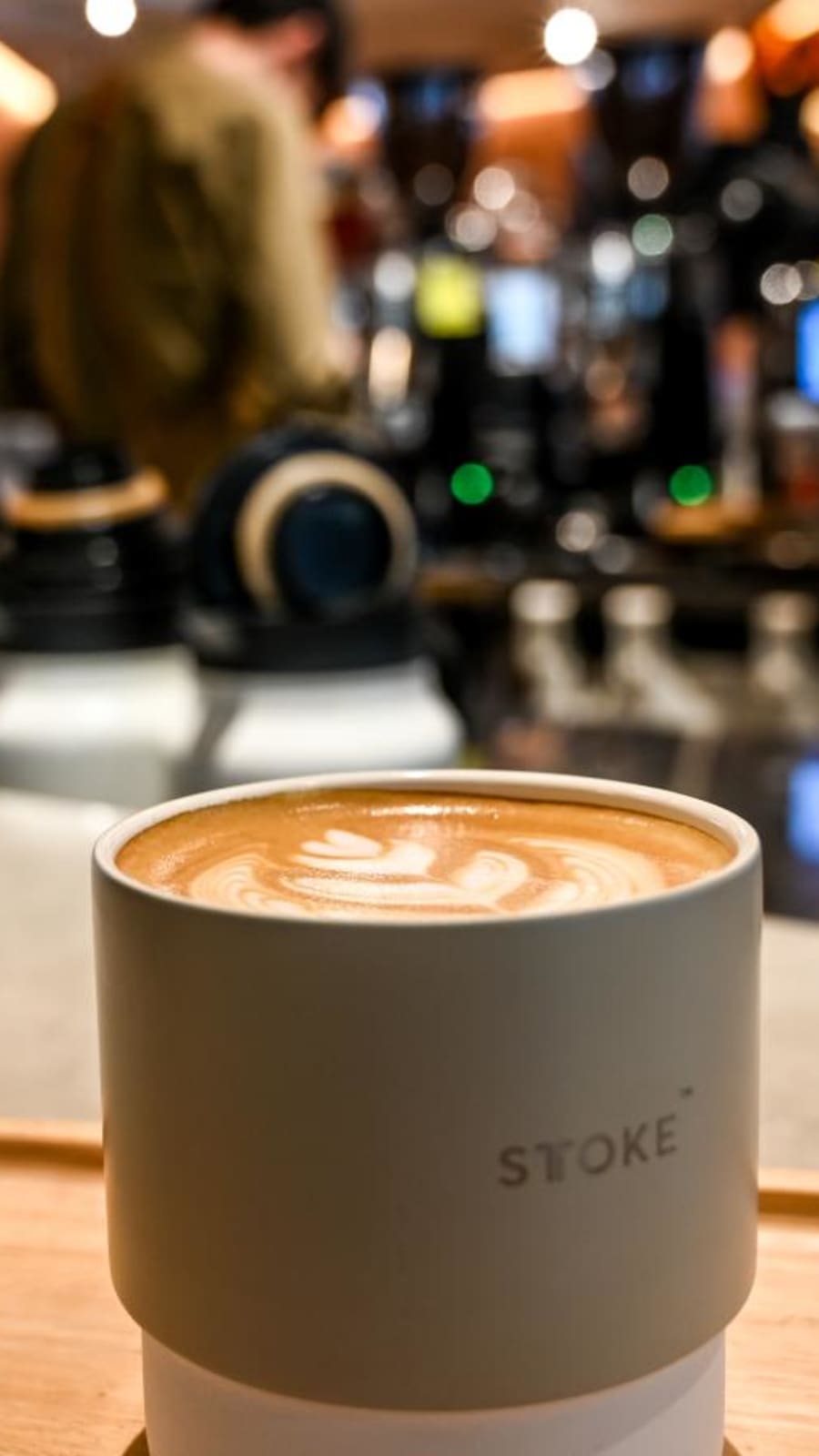
“We don’t want to increase the prices, but then there's a reason for it. We're trying our best to absorb as much as we can,” said Wasin. “But we also want people to be aware of what's going on in our world today.”
By CNA/Jack Board









